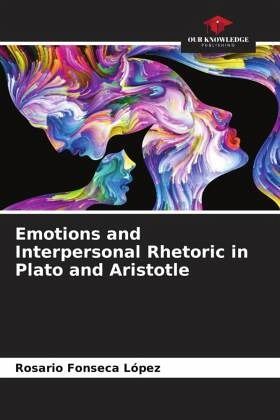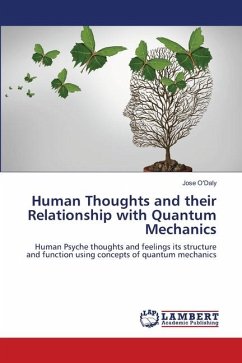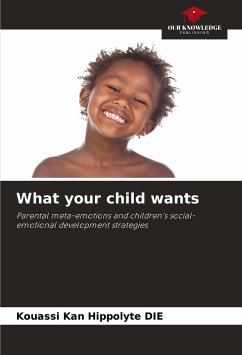
Emotions and Interpersonal Rhetoric in Plato and Aristotle
Versandkostenfrei!
Versandfertig in 6-10 Tagen
36,99 €
inkl. MwSt.

PAYBACK Punkte
18 °P sammeln!
Plato and Aristotle initiated the debate on the passions and their imperfect nature in social man, but which will have an impact on contemporary scientific positions on the emotions. The ideas proposed by Plato always point to the need to set the passions against the intellect. A wise man is in control of his behaviour and his reason and intellect impose themselves to provide him with the capacity that will allow him to access knowledge of reality. With Aristotle, a more formal body of theory is achieved that allows the subsequent debate between emotions, passions, affections and feelings and ...
Plato and Aristotle initiated the debate on the passions and their imperfect nature in social man, but which will have an impact on contemporary scientific positions on the emotions. The ideas proposed by Plato always point to the need to set the passions against the intellect. A wise man is in control of his behaviour and his reason and intellect impose themselves to provide him with the capacity that will allow him to access knowledge of reality. With Aristotle, a more formal body of theory is achieved that allows the subsequent debate between emotions, passions, affections and feelings and their inevitable impact on human behaviour. These studies come to play an important role in communicational processes, by showing the interference of emotions in oratory and deliberative speeches, affirming that judgements and evaluations of reality are always made from the emotion involved in the rhetoric of an interpersonal relationship.












